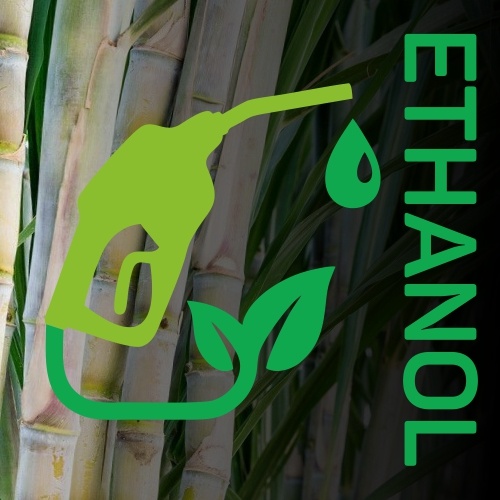EU to carry out surveillance on fuel ethanol imports amid steep increases since 2021

The European Commission will introduce retroactive surveillance on imports of bioethanol for fuel over the past three years to better protect EU producers, in light of a recent trend of higher inflows to the continent, a legislative document published Sept. 15 said.
According to the document, “Union surveillance may be introduced where the trend in imports of a product threatens to cause injury to Union producers.”
The purpose of the surveillance will be to gather quantitative data and identify import trends to analyze ethanol inflows and mitigate potential future harm to EU producers. The regulation will require member states to share import data with the European Commission.
The decision follows a spike in imports of ethanol to the EU since the start of the decade, with a 45% year-on-year increase between 2021 and 2022 based on TARIC data, the European Commission said.
The US, Brazil, and Peru were the top three exporters of fuel bioethanol to the bloc in 2022. Exports from the US and Brazil to the EU surged 96% and 37%, respectively, between 2021 and 2022, while Peru saw a 13% decrease.
Pakistan was the fourth largest exporter in 2022, but saw the largest year-on-year increase in exports at 179% over the same period, the EC said.
“Imports are a necessity to Europe. The monitoring will be to see how [European] values correspond to imports, as it’s much more expensive to produce ethanol in the EU than in the US because of energy prices,” a trader said.
“I don’t think anything will come of it—they will look and if there is anything abnormal going on, they are able to take immediate effect,” the same source said.
Surging T2 prices create an environment for arbitrage opportunities
The European T2 ethanol market endured a year of high volatility in 2022, as the impact of the Russian-Ukraine war fueled demand while squeezing producer capacity. T2 ethanol prices for 2022 averaged Eur1,019.26/cu m, with a year-high Eur1,378.50/cu m reached June 15, 2022. Comparatively, prices averaged Eur742.28/cu m for full-year 2021 and Eur792.07/cu m for year-to-date 2023.
Sanctions on major oil and gas producer Russia following the breakout of war in Ukraine created a volatile global energy environment, with the EU later imposing embargos on Russian crude and products. Ethanol demand surged, with a significant increase seen in French E85 demand. Consumption of E85 in France jumped 83% year-on-year in 2022 to 854,124 cu m, data from the National Association of Agricultural Alcohol Producers, or SNPAA, showed.
Feedstock supply chain disruptions and soaring natural gas prices—the main energy input in European plants—squeezed production margins in the second half of 2022, forcing producers to raise sales prices or cut production rates. Dutch TTF gas prices spiked to an all-time high of Eur319.975/MWh Aug. 25, 2022, Platts data showed.
Total ethanol exports from Brazil to the European Union spiked in 2022, soaring 590% year on year to 972.7 million liters, Platts data showed. The rate of exports to Europe hit its fastest pace at the end of the year, with 56% of full-year imports arriving between September and December.
“In 2022, ethanol imports from Brazil soared as a combination of higher natural gas prices after Russia’s invasion of Ukraine hit the local distilling sector and boosted the competitiveness of imports last year,” said Beatriz Pupo, associate director for biofuels analytics at S&P Global Commodity Insights.
So far in 2023, Brazilian ethanol exports to Europe have maintained the pace of the previous year, amounting to 318.4 million liters in the first seven months of the year, compared to 308.1 million liters in the same period in 2022.
“The Brazil-to-Europe arbitrage for ethanol has been closed for the majority of 2023, although a dominant market participant has been involved in bringing in noteworthy cargoes of ethanol originating from Brazil every few months,” said a São Paulo-based trader.














